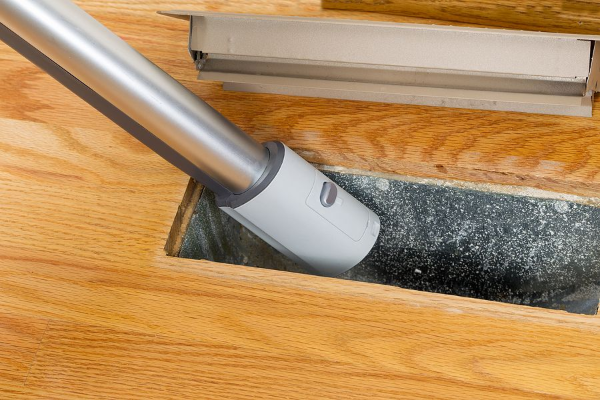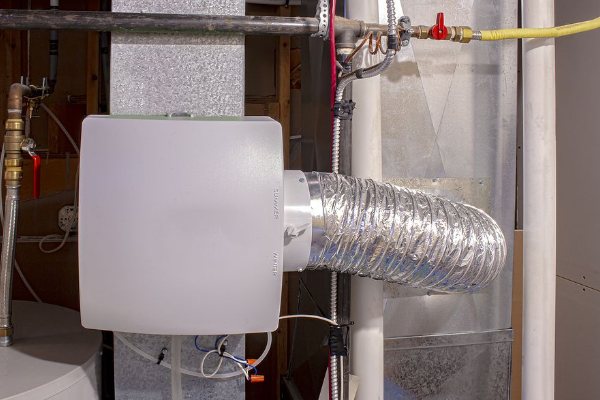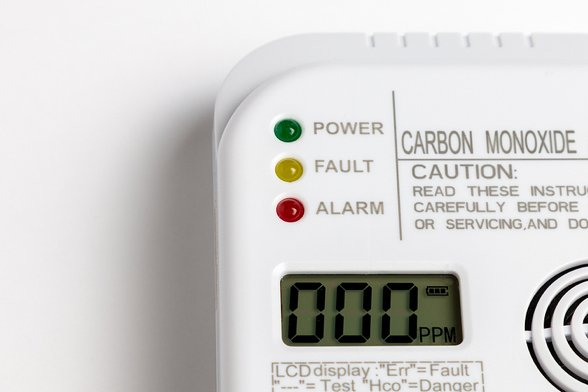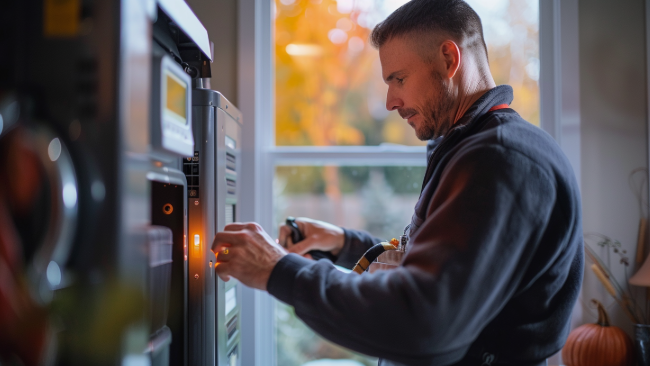Can Temperatures That Impact Heat Pump Efficiency?
Many homeowners choose heat pumps; they don't burn fossil fuels like other heat sources. Heat pumps are also an all-in-one approach to heating and cooling. Your heat pump cools your home in the summer by drawing the hot air out of your house and cooling it. The heat pump draws the warm air from the outdoors straight inside to heat your home in the winter. Learn more about heat pumps here. Heat pumps, however, do have some drawbacks that can be frustrating for homeowners. Find out how to troubleshoot common heat pump problems like limited efficiency in cold temperatures and who to call for expert heat pump service HVAC contractor Santa Rosa.
Heating and Cooling With Heat Pumps
Many homes already have a gas or electric heating system in place. Installing a heat pump ensures that those systems, which are less eco-friendly, are utilized less and less. Heat pumps are also cost-effective for heating and cooling bills.
How It Works
Rather than creating heat, Heat pumps redistribute the heat around them from alternate sources. Heat pumps use a refrigerant that circulates between an air handler and a compressor to transfer the heat indoors; the heat is drawn from the ground or the air. When the heat is sourced from the ground, it is called a geothermal heat pump. When the heat is sourced from the air, it is an air-source heat pump.
When It Doesn’t Work
Heat pumps are best suited to climates that don’t reach freezing or tropical temperatures. Suppose heat pumps are installed in homes with weather that drops below 40 degrees Fahrenheit. Before professional installation, it is essential to note that the colder temperatures affect the heat pump efficiency. Those homeowners should expect to use an alternate heating method during the most challenging parts of winter. Likewise, they should expect to see their heating bills increase substantially during that time.
Primary Working Parts
Heat pumps require professional installation and service because so many parts are different from typical heating and cooling systems. While even the most advanced at-home handy folks might attempt the occasion furnace or A/C tune-up, expert HVAC repair people are better suited for the job. Essential parts of the heat pump include:
- Refrigerant
- Compressor
- Reversing valve
- Expansion valve
- Indoor unit with coil and fan
- Outdoor unit with coil
Troubleshooting With Heat Pumps
While hot and humid temperatures can create some operational issues for heat pumps, much of the fundamental inefficiency arises from too cold temperatures. However, other problems that are commonly reported with heat pumps can easily be rectified by HVAC professionals.
Low Temperatures Affect Efficiency
When the temperature dips below 40 degrees Fahrenheit, the heat pump's efficiency drops dramatically. When temperatures drop below 25 degrees, the heat pump is no longer the most efficient heating option for your home. If you have auxiliary heating such as electric or gas heating, this is the time to turn it on. In Santa Rosa, the temperature rarely drops below 40 degrees Fahrenheit and, if it does, it drives right back up during the day. Heat pumps are ideal here, thanks to milder temperatures in the region.
Frozen Heat Pumps Increase Bills
A slight frost on your heat pump is nothing to worry about. However, if your heat pump starts to lose efficiency or part of the coils or compressors are damaged, frost may accumulate inside and outside, resulting in a block of ice. This block of ice is certainly not doing its job heating your home. A solid ice block in place of a working heat pump is a sign that you should call a professional HVAC repair service.
Heat Pumps Aren't Warm Enough
Heat pumps are typically used in tandem with other forms of heat. Space heaters and sometimes indoor fireplaces are options for people who require more heat. For others, electric resistance heating strips can be added to your HVAC system to provide an added level of warmth. If your heat pump stops working efficiently, the heat strip can bring the temperature to your desired number.
Electric resistance heating is less efficient and cost-effective than utilizing a working, efficient heat pump. However, if the temperatures drop too low for a few nights, it is an ideal way to recover the warmth in your home.
Contact the experts at Next Level HVAC today for more information on establishing reliable heating and cooling for your Santa Rosa home.








